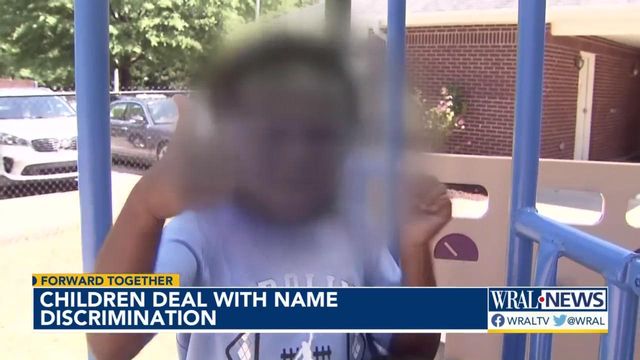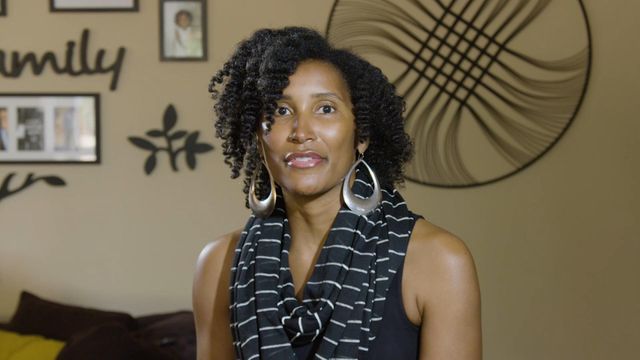Name discrimination is one of the first types of racism kids face
Name discrimination can begin as early as in elementary school. Children see their names ridiculed or even avoided because they are labeled as too ethnic or difficult. It is often one of the first times a child experiences racism.
{
"name": "follow",
"attrs": [],
"children": null
}According to a 2020 study from the American Psychological Association, children notice race many years before adults want to talk about it.
Triangle experts who've studied racism say it's never too early to talk to your kids.
Dr. Ronda Taylor Bullock is the lead curator of We Are, a non-profit organization that provides anti-racism training for children, families, and educators. According to Bullock, name discrimination is one of the earliest types of racism kids face.
"Children are not too young to have these conversations because they are not too young to cause the harm," Bullock said.
Nine-year-old Grace Mgongolwa knows exactly what that's like.

Several years ago, Grace, who is now in 4th grade, asked her parents if she was allowed to change her Tanzanian last name to something "easier" for the students who were making fun of her.
Today, it still means a lot to Grace when someone pronounces her name correctly.
"I feel really happy that they put in the effort to try and practice it and really put work into it," she said.
To help build her cultural pride, Grace's parents enrolled her in Bullock's five-day anti-racism student program.
"On day one, we talk about the importance of names and learning to pronounce people's names correctly," Bullock said. "We're arming kids with these phrases on how to push back and advocate for themselves. We're also showing them what it looks like to make a mistake and to apologize for it."
Grace's parents immediately saw a difference and even learned something themselves.
"If someone mispronounces your name, does not take the effort or tells you it's difficult, that is their mistake, that is lazy, that is on them ,and it is not on you," said Katie Mgongolwa, Grace's mom. "But you can teach people how to say your name."
Another key? Families can have conversations about name discrimination and other types of racism earlier.
Get more information about Bullock's anti-racism program online.











